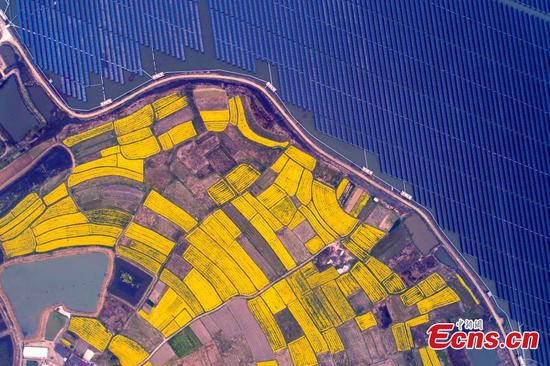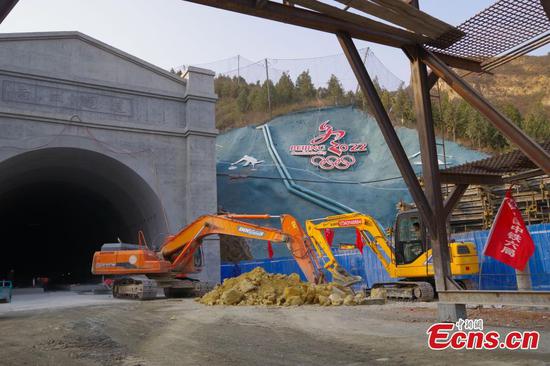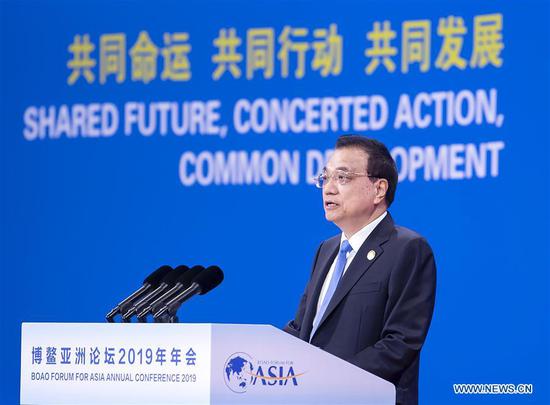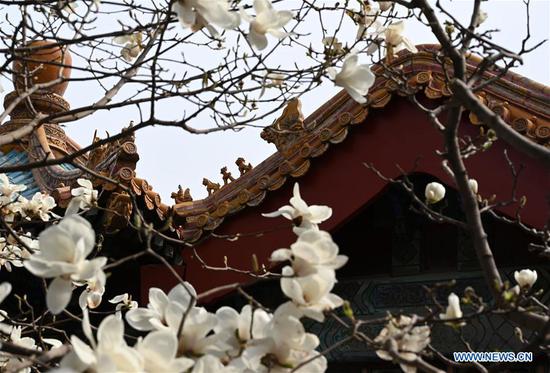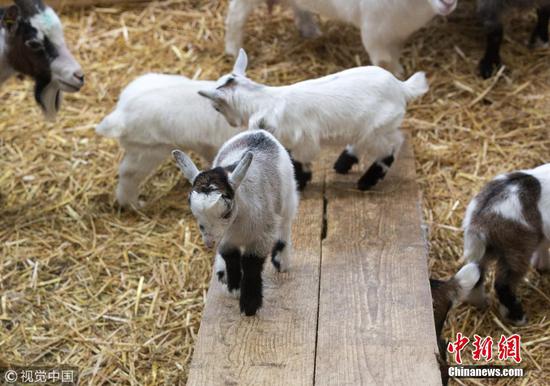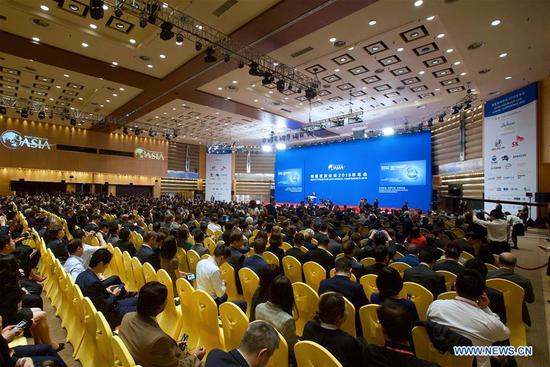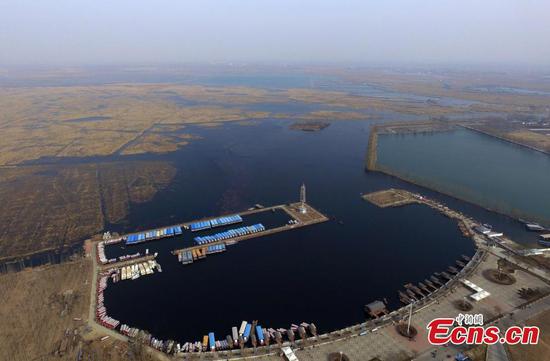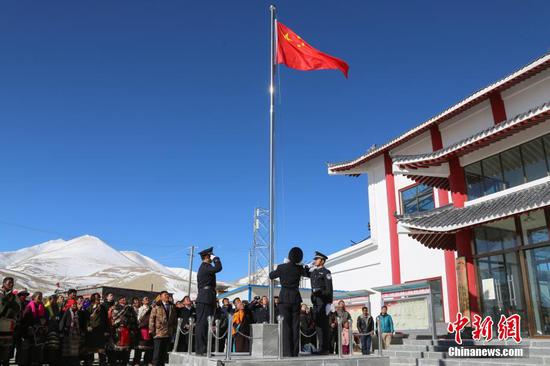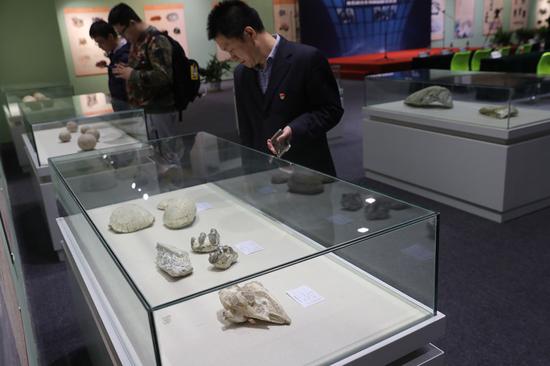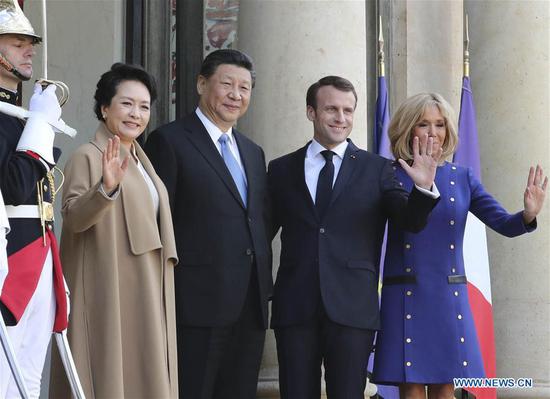Last year, the population inflow in nine Chinese cities surpassed 200,000, while Shenzhen, Guangzhou, Xi’an and Hangzhou witnessed inflows exceeding 300,000, according to a report recently released by Yicai.com.
Nearly 500,000 people migrated to Shenzhen and more than 400,000 to Guangzhou, following the trend of a continuous increase between 2015 and 2018 in both cities.
Analysts say the scenario has reflected the growing attractiveness of the Greater Bay Area, where both cities are located.
Beijing and Shanghai have rolled out policies to control population growth and move specific industries elsewhere. As a result, more people are choosing Guangzhou and Shenzhen to live and work.
Last year, Xi’an in northwest China saw a permanent resident population of more than 10 million for the first time, an increase of 387,000.
Such rapid growth is attributed to the city’s economic development and measures it rolled out to ease hukou restrictions. Last year, Xi’an’s GDP reached 800 billion yuan.
By the end of 2018, the number of permanent residents in Hangzhou stood at 9.8 million.
The rapid economic growth of Hangzhou has played a significant role in attracting new residents. The added value of core digital industries was estimated at 332 billion yuan last year, an increase of 15 percent year-on-year.
Analysts have pointed out that cities in the south of China now see higher population inflows than those in the north.
Industry plays a vital role in attracting talented people and keeping them, said Zhang Dawei, chief analyst of Centaline Property, adding that second-tier cities should accelerate industrial development and upgrading to help retain talents.
Last year, 811,900 people became registered residents of Xi’an, but only 387,000 of them were permanent residents as the rest didn’t work in the city.
Other northern Chinese cities, except Zhengzhou, which also saw a population growth of more than 150,000 for the eighth consecutive year last year, were incomparable with Xi’an in this respect.














